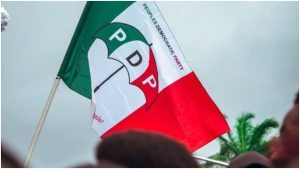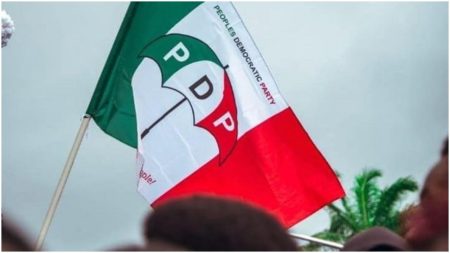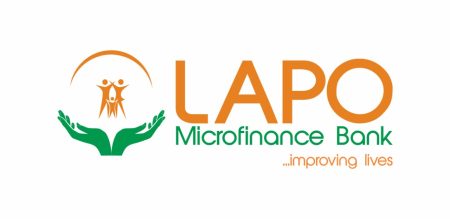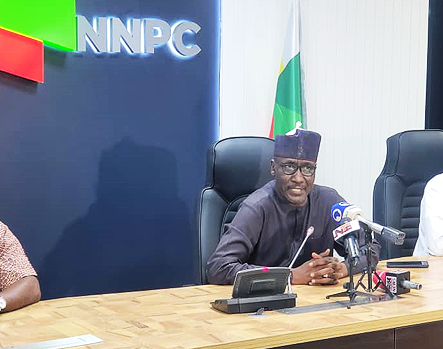The Allegations of Financial Misconduct Against Aurelio De Laurentiis and Napoli
The Rome public prosecutor’s office has formally requested the indictment of Aurelio De Laurentiis, the owner of Serie A football club Napoli, along with the club itself and De Laurentiis’s close associate, Andrea Chiavelli. The charges revolve around allegations of false accounting, specifically related to the inflated valuation of player transfers, resulting in fictitious capital gains. These accusations stem from two high-profile transfers: the acquisition of Greek defender Kostas Manolas from Roma in 2019 and the signing of Nigerian striker Victor Osimhen from Lille in 2020. Prosecutors allege that the reported transfer fees for these players were significantly inflated, creating a false impression of the club’s financial health and potentially violating financial fair play regulations.
The Mechanics of the Alleged False Accounting
The core of the accusations lies in the alleged manipulation of player valuations. Prosecutors contend that De Laurentiis and Napoli orchestrated the inclusion of lesser-known players in the deals, assigning inflated values to these individuals to artificially boost the overall transfer fee. This tactic, it is claimed, masked the true cost of acquiring Manolas and Osimhen while simultaneously generating fictitious capital gains on the books. By inflating the value of these less prominent players, Napoli could effectively offset the actual cost of the star signings, creating a distorted financial picture that obscured the true financial outlay. This practice, if proven, could have allowed Napoli to circumvent financial regulations and gain an unfair advantage over competitors.
Potential Repercussions for Napoli and De Laurentiis
The potential consequences of these allegations are substantial. If found guilty, De Laurentiis could face significant legal penalties, including fines and even imprisonment. The club itself could also be subject to severe sanctions, ranging from hefty fines to point deductions in the league standings, potentially jeopardizing their competitive standing. Furthermore, the Italian Football Federation (FIGC) has the authority to launch its own investigation and impose further penalties, which could include transfer bans or even relegation to a lower division. The implications for Napoli’s future are therefore considerable, with the club facing the prospect of both financial and sporting repercussions.
The Impact on Player Valuations and Financial Fair Play
The accusations against De Laurentiis and Napoli underscore the increasing scrutiny placed on player valuations and financial dealings within the football industry. Inflated transfer fees and creative accounting practices have become a growing concern, raising questions about the transparency and integrity of the transfer market. The case highlights the challenges faced by governing bodies in regulating financial practices and ensuring a level playing field for all clubs. If proven, these allegations could prompt a wider investigation into similar practices within the football world, potentially leading to stricter regulations and greater oversight of transfer dealings.
The Legal Process and Potential Defenses
The investigation is ongoing, and De Laurentiis and Napoli will have the opportunity to present their defense against the allegations. Their legal team will likely argue that the player valuations were justified and based on market conditions, and that the inclusion of other players in the deals was standard practice. They may also challenge the prosecution’s interpretation of financial regulations and attempt to discredit the evidence presented against them. The legal battle is expected to be complex and protracted, with the outcome potentially having significant ramifications for the future of Napoli and the wider football landscape.
The Broader Implications for Italian Football
The allegations against Napoli and De Laurentiis come at a time of increased scrutiny of financial practices within Italian football. Several clubs have faced similar accusations in recent years, raising concerns about the financial stability and integrity of the league. The outcome of this case could have far-reaching consequences, potentially leading to stricter regulations and greater oversight of club finances. It also underscores the need for greater transparency and accountability within the football industry, to ensure fair competition and protect the long-term sustainability of the sport. The case against De Laurentiis and Napoli is therefore not just about the alleged actions of one club and its owner; it is a test case for the governance and regulation of Italian football as a whole.














